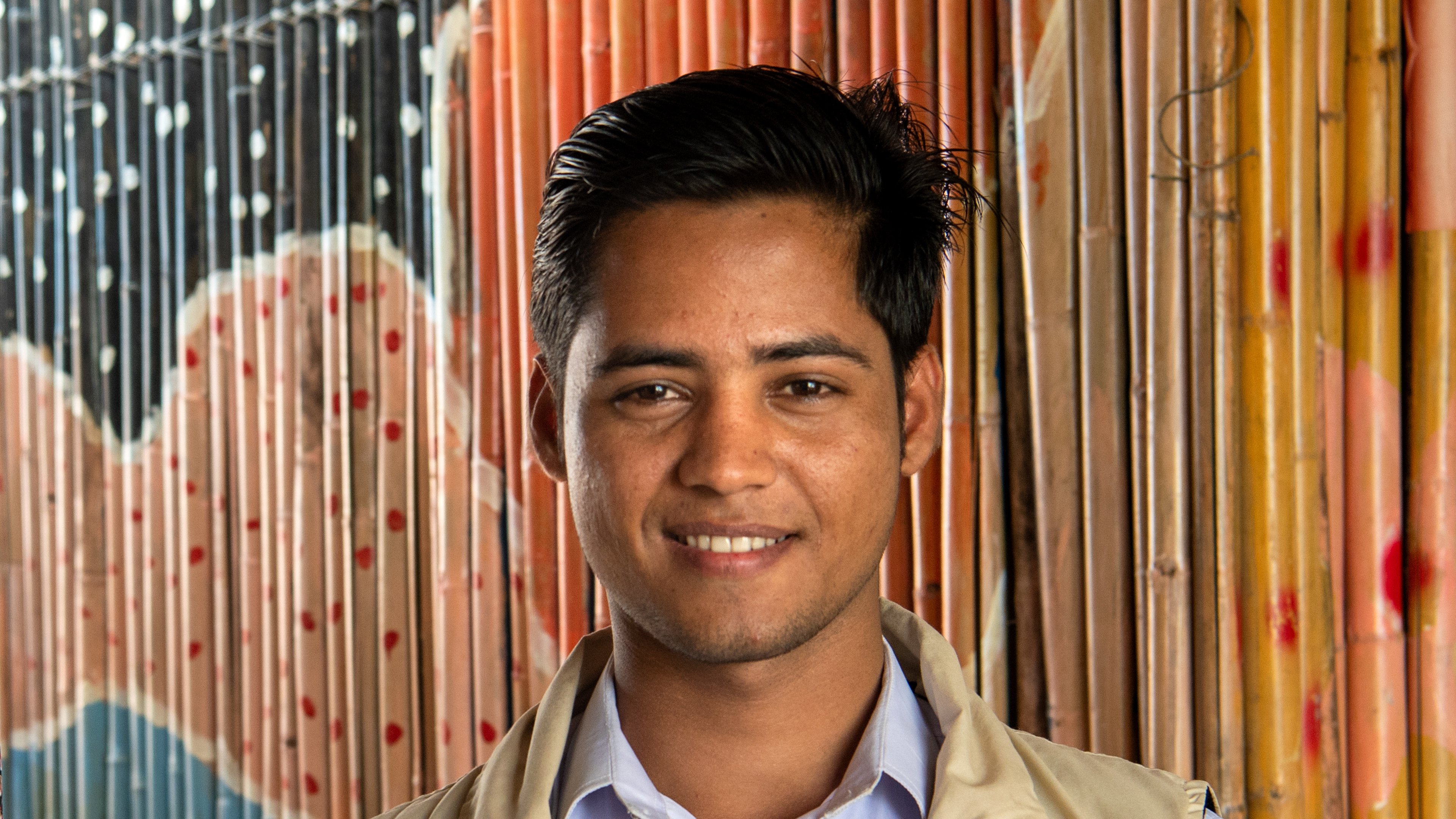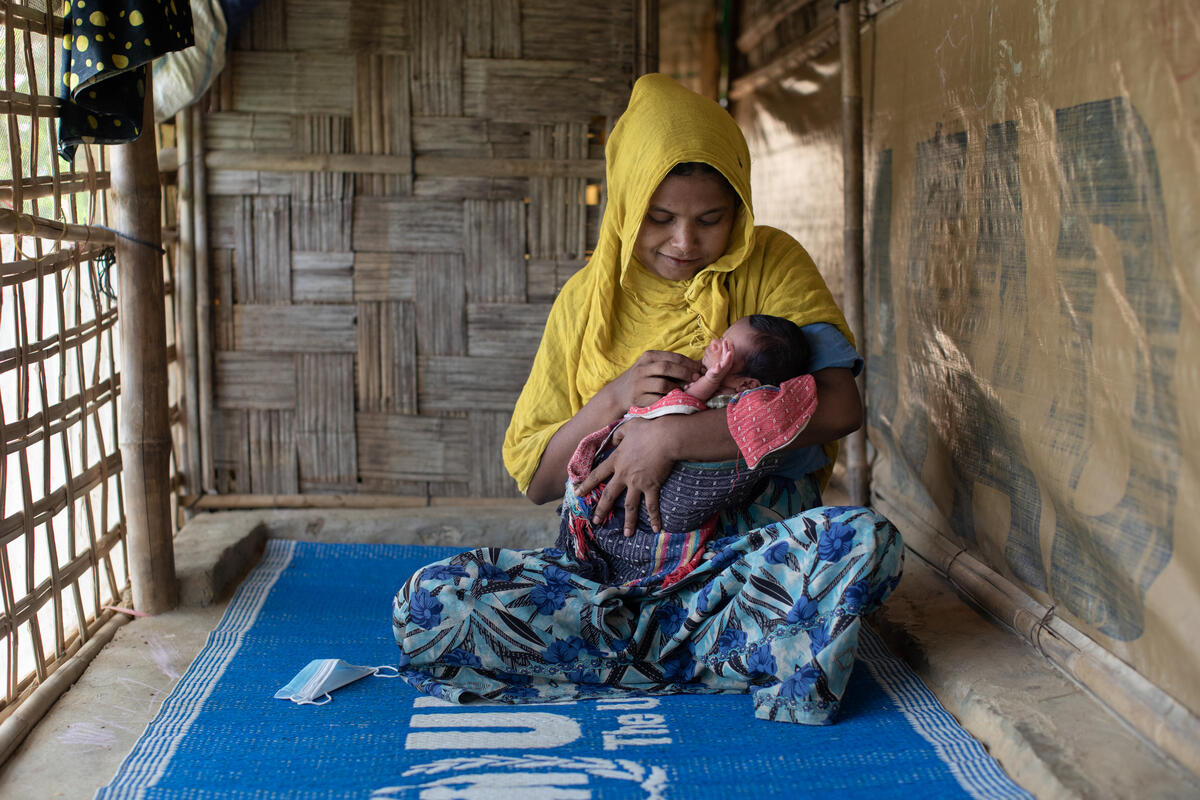Joint Bangladesh/UNHCR verification of Rohingya refugees gets underway
Joint Bangladesh/UNHCR verification of Rohingya refugees gets underway

The Government of Bangladesh and UNHCR, the UN Refugee Agency, have launched a joint verification exercise for Rohingya refugees in Bangladesh.
The exercise, which began at the end of June and is expected to take up to six months to complete, will help consolidate a unified database for the purposes of protection, identity management, documentation, provision of assistance, population statistics and ultimately solutions for an estimated 900,000 refugees who have fled from Myanmar to Bangladesh in successive waves of forced displacement. Most of them – more than 720,000 – fled since August last year in what was one of the largest and fastest-growing refugee emergencies seen in the region in decades.
The verification will play a key role in establishing refugees’ identities and their declared places of origin in Myanmar. It will help preserve their right to voluntarily return home, if and when they decide that the conditions are right to do so. The verification exercise will also help to enhance the accuracy of data on refugees in Bangladesh, helping the Government and humanitarian partners enhance their understanding of specific needs amongst the refugee population, better plan and target delivery of protection and assistance and avoid duplication of services.
Biometric data, including iris scans and fingerprints as well as photographs, are used in the exercise to confirm individual identities for all refugees over the age of 12. At the end of the process refugees are provided with new identity cards. For many of the refugees, this will mark the first time they have possessed an individual identity document.
These credit card-sized plastic IDs, contain a number of anti-fraud features. They are issued jointly by the Government of Bangladesh and UNHCR.
Some 4,200 refugees have been verified since the start of exercise on 21 June. Despite heavy monsoon rains in recent days, most refugees continue to attend their verification appointments, aware of the significance of having an identity card.
UNHCR has conducted information and awareness campaigns, including through consultations with the refugee community, on the purpose and the actual process of verification. Refugee committees are also supporting and encouraging refugees to participate and attend their appointments.
UNHCR is providing laptops, servers, wireless routers, biometric hardware and printing equipment, while also making available our biometric registration software. In addition, together with NGO partners, 150 staff are currently working to support government officials and community organizers.
Following his visit to Bangladesh this week, the UN High Commissioner for Refugees, Filippo Grandi, said greater resources must be found to develop education, healthcare and infrastructure to build a more sustainable life for Rohingya refugees and their hosts.
Ten months into the Rohingya refugee crisis, the response continues to remain focused on addressing the massive humanitarian needs, and on mitigating the impact of the monsoon rains in the refugee settlements. But as the High Commissioner highlighted during his visit, additional international support is needed to step up the assistance from purely humanitarian and day-to-day support towards medium-term and developmental assistance.
To date, the UN’s Joint Response Plan for the Rohingya refugee situation in Bangladesh is only 26 per cent funded. UNHCR is grateful for the generous support of multilateral, state and private donors so far, but more funds are urgently needed to support refugees and their host communities in Bangladesh.
For more information on this topic, please contact:
- In Cox’s Bazar, Shabia Mantoo, mantoo@unhcr.org, +880 18 4732 6528
- In Dhaka, Joseph Tripura, tripura@unhcr.org, +88 01 713 090 375
- In Geneva, Charlie Yaxley, yaxley@unhcr.org, +41 79 580 87 02








